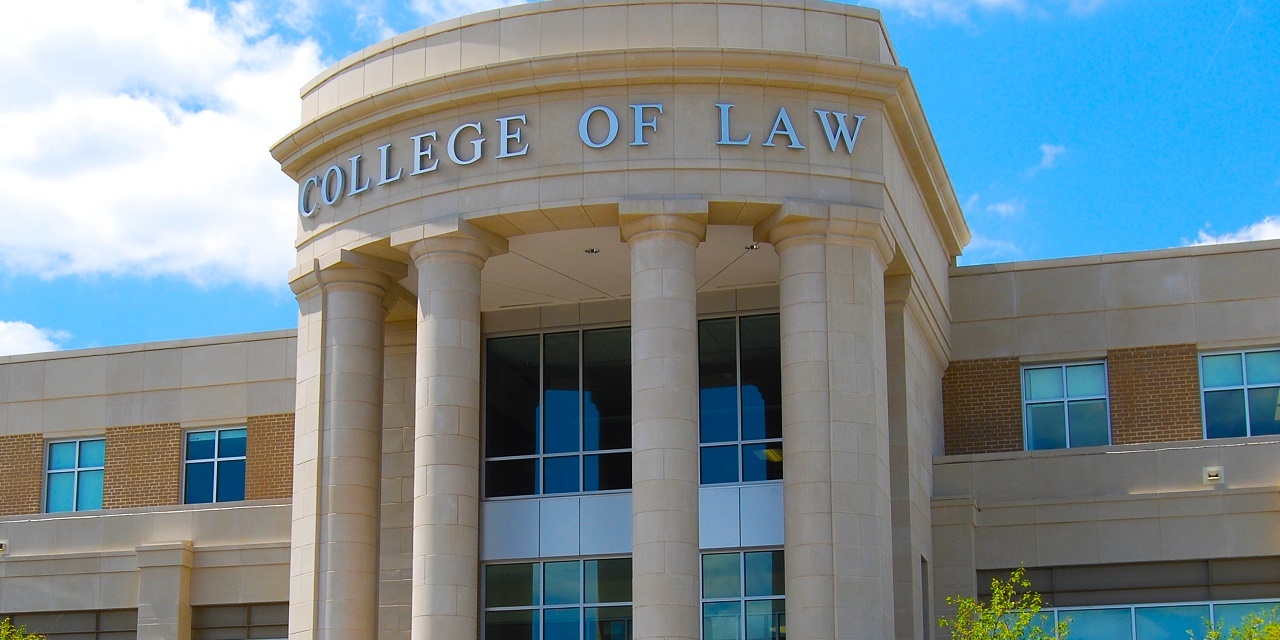MORGANTOWN – While Jan. 20 will bring an end to President Barack Obama’s second term, criminal justice reform advocates are waiting to see if it also brings an end to the federal clemency initiative he launched in 2014.
“If the new president doesn’t carry on the initiative, it means thousands of petitions that meet clemency criteria will never be reviewed,” Valena Beety, associate professor of law at West Virginia University College of Law, recently told The West Virginia Record.
Two prisoners awaiting clemency, Bryant Cook and Andre Scales, are clients of the college’s Clinical Law Program. The program offers third-year law students the chance to practice law under the supervision of Beety, the clinic’s deputy director. Cook and Scales are among thousands of inmates around the country petitioning Obama for clemency before he leaves office.
Since the initiative’s launch two years ago, Beety and her students have successfully petitioned the release of four prisoners, including Nathaniel Law, who was granted clemency Dec. 20. While the law clinic reviewed the cases of many inmates sentenced in West Virginia on federal crimes, those selected for representation met President Obama’s criteria for clemency.
“It is really exceptional that President Obama started this initiative to grant clemency not on an individual basis, but on a wider basis, for a group of people,” Beety said.
That group includes nonviolent, low-level drug offenders who received exceptionally harsh sentences, and who were convicted prior to passage of the Fair Sentencing Act of 2010.
That legislation sought to correct the sentencing disparity of the Anti-Drug Abuse Act of 1986, which required sentencing for a crack cocaine charge to be 100 times more severe than a powder cocaine charge. In the case of Nathaniel Law, this led to a life sentence. If convicted today, according to the law clinic’s calculations, he would likely be sentenced to 17 years or less.
It took Beety’s students between six and eight months to prepare each client petition. This included gathering court documents, talking to the client in person or on the phone, and meeting with the client’s attorney to learn more about the case and sentencing.
“For a number of the clients we’re representing, the judges didn’t want to give the life sentence,” Beety said. “They said, ‘My hands are tied.’ That’s really powerful, compelling information for the president to consider.”
Once an inmate receives clemency, Beety said, they are moved to a “step down” facility that helps them prepare for their release and learn skills, including how to create a resume. In most cases, they will be released within a few months.
Freeing inmates who have been wrongfully convicted is just one aspect of criminal justice reform in West Virginia.
“People are recognizing that prison is not really solving the problem of drugs,” Beety said. “In West Virginia, with the opioid epidemic, there’s been a shift towards thinking ‘maybe we should treat this as a public health problem rather than a criminal problem.’ There is also a big push to have a drug court in every county.”
In addition to clemency advocacy, Beety’s clinic is also doing re-entry work, helping former inmates successfully rejoin society.
“More and more people know someone who has a problem with drug addiction,” Beety said.
